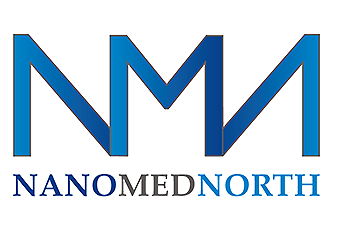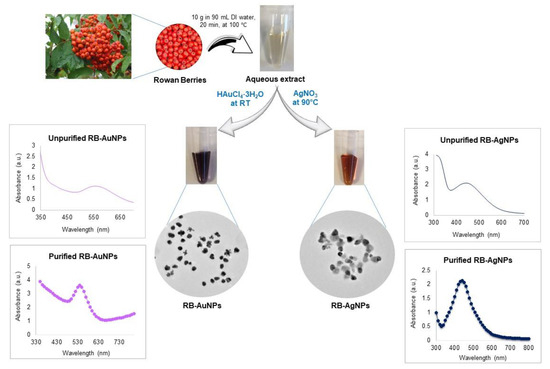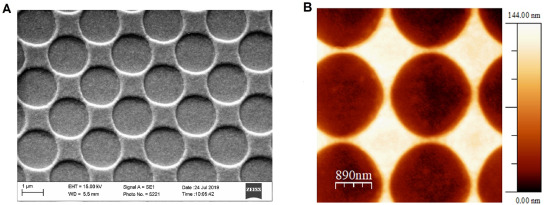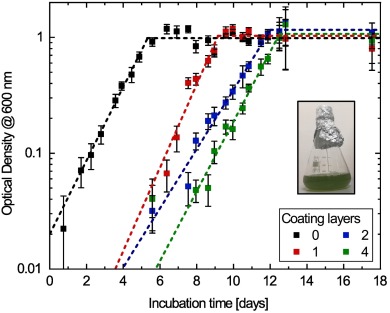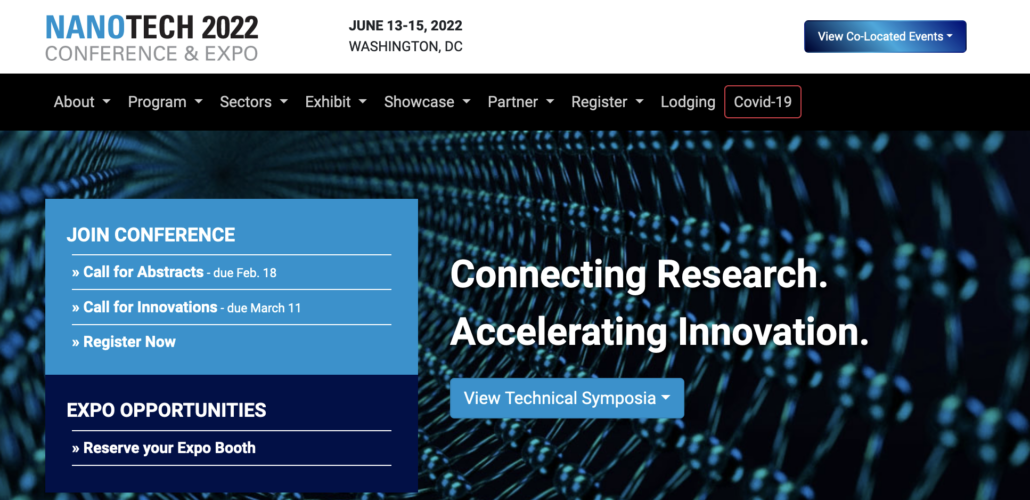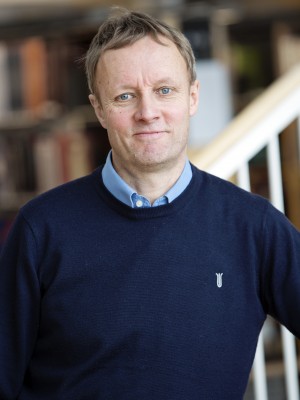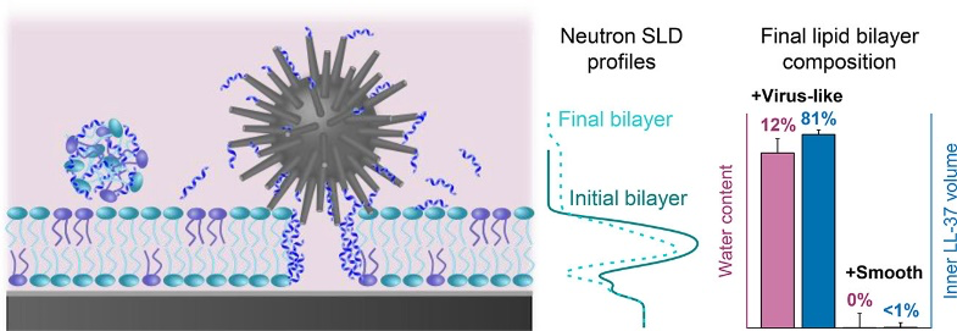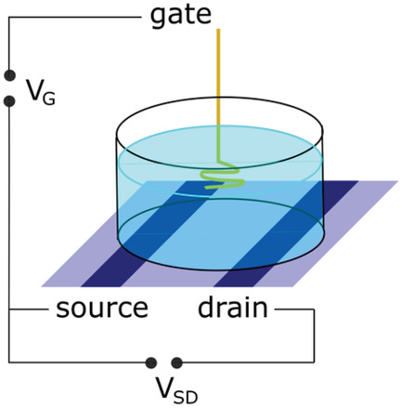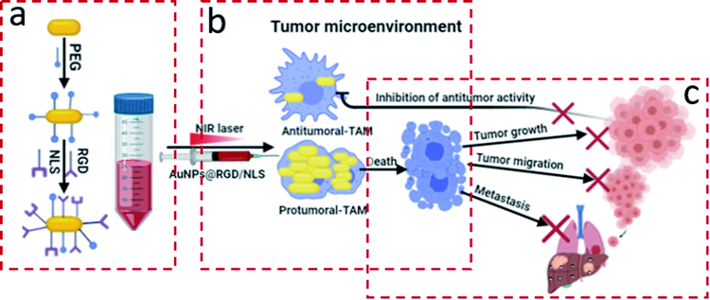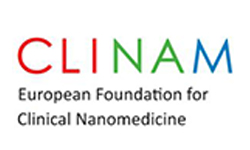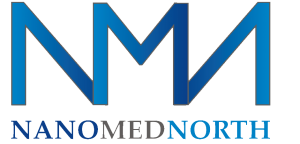Three questions to
Maria Kempe (Assoc. Professor and PI, Nanomedicine and Biomaterials at the Department of Experimental Medical Science, Lund University) about the project “A novel sustainable route to polymer nanoparticles”.
What´s the novelty with this project?
A sustainable procedure for the synthesis of colloidal polymer nanoparticles is provided. It is based on a phenomenon called the ouzo effect. By utilizing the ouzo effect, we have obviated the need of extensive energy-consuming agitation/mixing and addition of surfactants and other stabilizing agents, which otherwise are required in traditional emulsification methods. Another advantage is that no other solvents than environmentally friendly ones, i.e., water and minute amounts of ethanol, are required. The project has also provided a novel route to molecularly imprinted polymers (MIPs) and provided water-compatible MIP nanoparticles selective for cortisol. The nanoparticles were fabricated by carrying out the ouzo polymerization in presence of cortisol. The nanoparticles were capable of recognizing and binding cortisol in water and showed antibody-like cross-reactivity.
Future implications?
We have demonstrated that a bottom-up approach starting from monomers that are polymerized by free-radical polymerization under the influence of the ouzo phenomenon is a feasible and facile approach to fabricate polymer nanoparticles and that it can be applied also to molecular imprinting. The attractive sustainability features of the ouzo polymerization warrant a wider application. For the industry, the procedure has good potentials to reduce energy consumption and environmental footprint while also reducing production costs.
What´s next?
We are investigating the application of the ouzo polymerization to other types of monomers to fabricate a range of different polymer nanoparticles. An interesting finding with our currently reported nanoparticles is that they show a raspberry-like morphology. Although the existence of the ouzo effect is well-known, the mechanism behind the effect has still not been fully elucidated. We believe that the ouzo polymerization can shed some more light into the mechanism and possibly explain the raspberry-like morphology. We also believe that the ouzo polymerization will be useful for preparing MIP nanoparticles targeted for other templates than cortisol. An obvious next step is to apply our current cortisol-selective nanoparticles as molecular recognition elements (“plastic antibodies”) in assays and sensors and as drug delivery carriers.
For more info about the project please contact Maria Kempe, maria.kempe@med.lu.se

Research highlights from NanoMed North members.
If you would like to share a publication within the nanomedicine area please contact magdalena.almen@medeon.se
|
|
|
|
|
|
